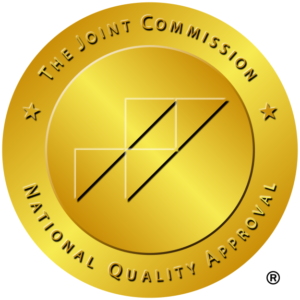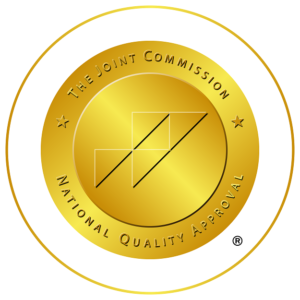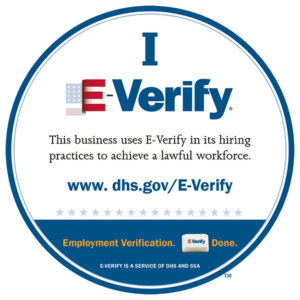Outward trust is a hot commodity in the business world, for better or for worse. And for many women, this isn’t something our colleagues naturally endow us with, especially as a positive trait. As a result, it may be important to use language that is read as powerful for getting your point across, especially when speaking formally.
You probably had moments at work where you had to suck it up, project a happy face (although your mood and get on with it. It’s natural to get through the workweek a little faking it, but if you are continually putting on an act with the goal of looking optimistic, that’s an issue that needs to be addressed.
Wanting to always be right
To always want to be right is something for which a lot of us are guilty but it’s not a great way to be at the office. In a meeting, you try to get your own way, work to prove things how things would be better if you had gone your way through an earlier decision, and try to be the one in the room to shine.
You ‘re probably doing these things for two reasons: first, because you want to be seen as right and second because the drive to avoid being considered wrong is strong. This relentless desire to be right is a reaction to the fear that is inherent in not understanding what is going to happen. It’s motivated beyond that, by the fear of being punished.
Using one of these modifying phrases
Instead of using a clear statement, using one of these modifying phrases removes all conviction about what you’re trying to say. It turns your statement of fact into a declaration of a loosely held thought or concept, which is not a good thing to show yourself at work as confident. Sharing the idea head-on gives it additional energy.
Bold-faced apology
Similar to what I just wanted, sorry to bother you, an even bolder-faced apology takes what could be a positive assertion of yourself at work and turns it into an exercise of self-shame. People who apologize for everything try to get rid of an inner sense of guilt or shame which creates insecurity, and it becomes quite obvious to everyone around them. If you are trying to offer more workplace confidence, cut this out.
Motivated
Show me someone who’s excited to get a Senior or VP in front of their job title, and I’ll show you someone who isn’t going to be pleased when they get that. Show me somebody who is chasing a corner office, and I’m going to show you somebody who isn’t going to be happy with the whole floor. And show me somebody who’s motivated by their peers’ respect and I’ll show you somebody who’s going to give priority to that overdoing work that matters.
Refusing
Refusing to admit something wrong at work, particularly when you were personally involved with the accident, indicates that you are highly protective of your reputation or your ego. While there are obvious times you shouldn’t take the fall for something, confronting your mistakes head-on gains much more respect than hiding your failures just to avoid bruise.














